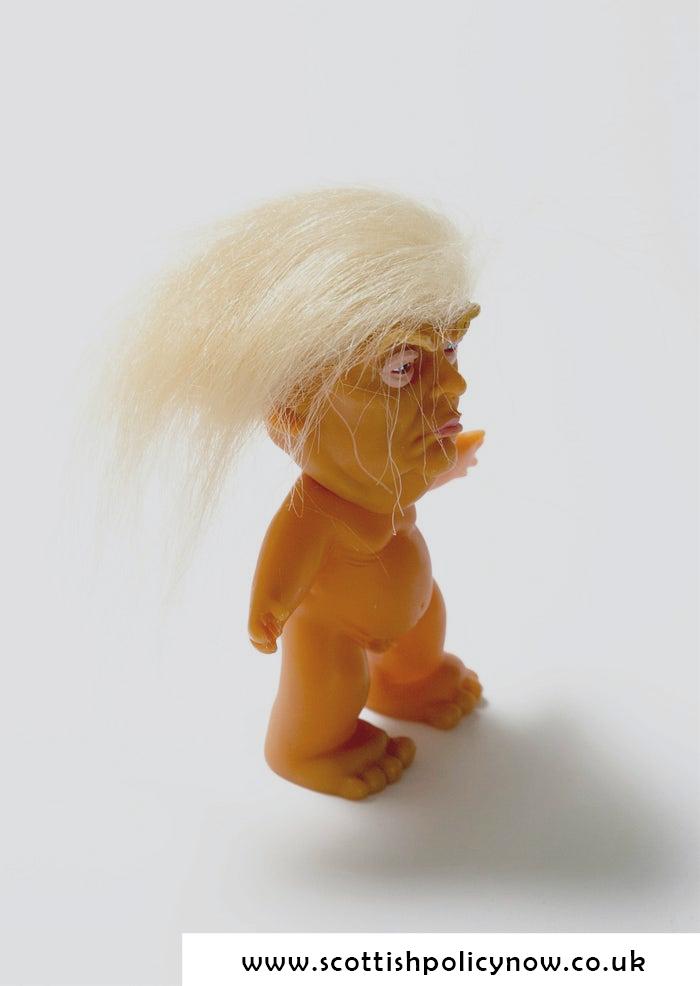In times of political upheaval and societal division, the words and actions of leaders hold immense weight. They have the power to shape perceptions, influence beliefs, and even sway elections.
When those in positions of power exploit religion for political gain, it not only violates the sacred principle of the separation of church and state but also poses a severe threat to the very fabric of our constitutional democracy.
Recently, former President Donald Trump, known for his divisive rhetoric, crossed a dangerous line by suggesting that voting against him equates to being a “bad Jew.” Such blatant manipulation of religion for political purposes is not just offensive; it undermines the fundamental principles upon which our nation was founded.

The United States Constitution explicitly mandates the separation of church and state to ensure that no single religion or belief system holds sway over governmental affairs.
This principle, enshrined in the First Amendment, safeguards religious freedom and prevents the government from imposing or endorsing any particular faith. It is a cornerstone of our democracy, designed to protect the rights of all citizens, regardless of their religious beliefs or affiliations.
Trump’s attempt to weaponize Judaism for his political agenda not only disregards this foundational principle but also threatens to erode the very essence of religious freedom in America.
By suggesting that voting against him makes someone a “bad Jew,” Trump not only presumes to dictate how individuals should practice their faith but also seeks to manipulate Jewish voters through fear and guilt. This tactic is not only offensive but also deeply disrespectful to the diverse beliefs within the Jewish community.
Judaism, like any religion, encompasses a wide range of perspectives, ideologies, and political leanings. To reduce it to a monolithic entity that must adhere to a particular political agenda is not only reductive but also dangerous.
Moreover, Trump’s remarks not only target Jewish voters but also set a dangerous precedent for how religion is exploited in politics. When leaders use religious identity as a litmus test for political allegiance, it creates a toxic environment where individuals feel pressured to conform to a specific set of beliefs or risk being ostracized. This undermines the pluralistic values upon which our nation was founded and fosters a climate of division and intolerance.
Trump’s actions pose a grave risk to the maintenance of constitutional rule. By attempting to co-opt religion for his political gain, he undermines the legitimacy of our democratic institutions and erodes public trust in the electoral process. When leaders prioritize personal ambition over democratic principles, it sets a dangerous precedent that threatens the very foundation of our democracy.
As advocates for democracy and defenders of religious freedom, we must condemn Trump’s attempts to exploit religion for political gain. We must reaffirm our commitment to the principles of separation of church and state and reject any efforts to use religion as a tool of manipulation or control.
In doing so, we uphold the values that make America truly great—a nation where all are free to worship, vote, and live according to their conscience, without fear of persecution or coercion.







